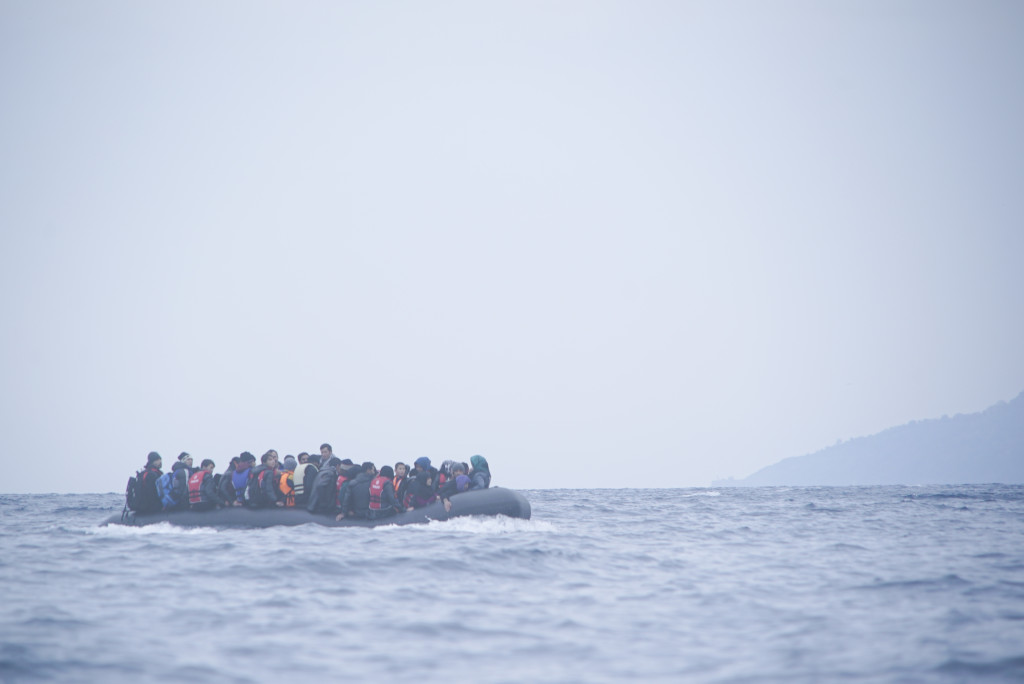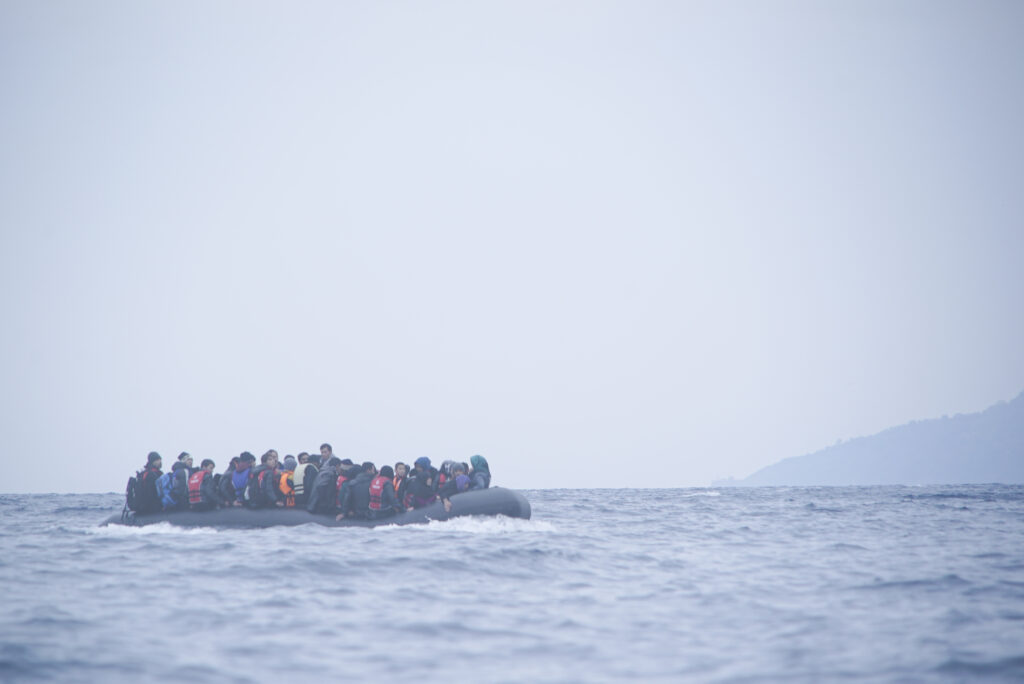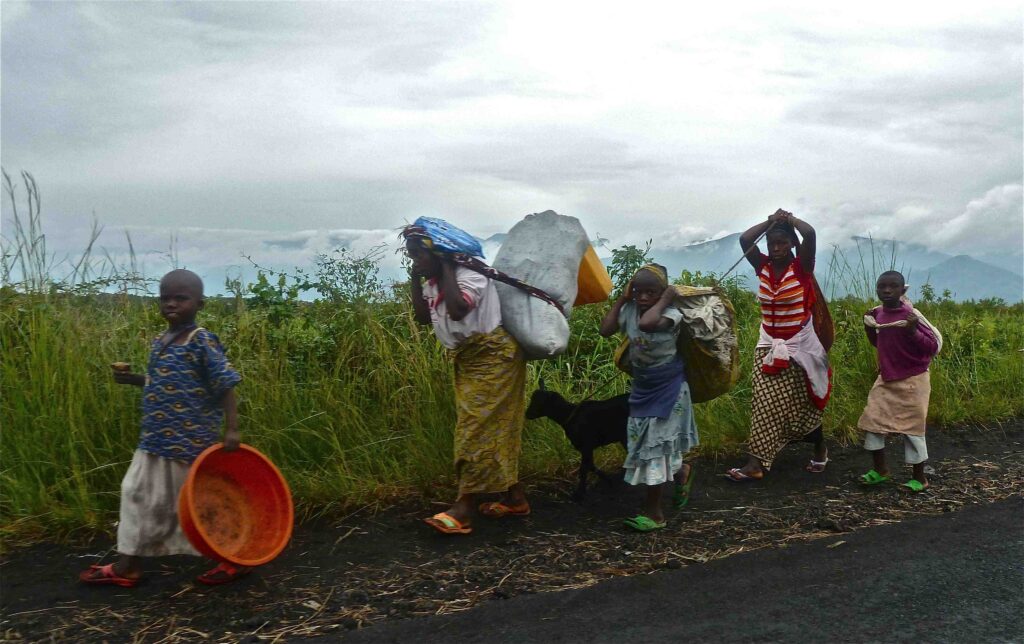When Pressure for Political Consensus Blinds Policymaking

The EU deadlock on refugee policy is not so much an immigration crisis as it is one of European solidarity. Plans of redistribution quotas between member states have failed repeatedly. Of the 160,000 refugees to be distributed as a result of a hard-won agreement in September 2015, just 481 refugees have been resettled. What seemed like initial stubbornness has developed into a hardened front of isolationism and self-interest in the majority of EU member states; the final version of the Turkey-EU refugee deal enforced on March 20 reveals just how far its members are willing to go in sacrificing EU standards and values—so long as they can avoid responsibility.
The deal promises a total of 6 billion euros in aid to Turkey until 2018. In exchange, Turkey promises to secure its borders and improve living conditions (including education and health services) for the 2.7 million Syrians already residing in the country. What the deal adds to previous negotiations is the direct exchange of “irregular” refugees for “regular” refugees between Turkish and Greek territories. (“Irregular” migrants are those who enter EU territory “illegally” — without an entry visa — while “regular” migrants enter legally through a visa system that the EU is launching for an extremely limited number of refugees.)
Each “irregular” migrant that enters Greece will be deported back to Turkey, and in exchange, the EU will resettle a Syrian refugee from Turkey legally into Schengen up to a predetermined limit. This regulation applies exclusively to “irregular” refugees arriving from Turkey onto Greek territory, and Greece is responsible for registering, processing and assessing the claims of the refugees prior to deportation. A migrant is only safe from deportation if they can prove that they face danger from prosecution within Turkey itself.
Turkey is expected to uphold its end of the deal by receiving and registering the deported refugees from Greece, who will then be placed at “the end of the line” in standard visa applications to the EU. In return for Turkey’s agreement to be a destination of deportation, the EU will open two chapters of negotiations for accession into the EU with Turkey, one of them being the visa-free entry of the Schengen area for Turkish nationals.
The problems of this deal are three-fold. Firstly, the new arrangement of “exchanging refugees” allows for severe humanitarian problems on the Greek islands and is unlikely to curb the trafficking network until the legal immigration mechanism is realistically enforced. Secondly, it poses severe legal problems by violating conventions to protect refugees through detention and forced return to the Turkish mainland, creating what the UN High Commissioner for Refugees (UNHCR) is referring to as “mass deportations”. Lastly, in brokering this deal the EU knowingly contributes to the legitimization of a new and dangerous status quo in Turkey.
Humanitarian Problems
Greece is simply not prepared to implement what has been decided on paper: while up until March 20 the partial suspension of the Dublin accords allowed refugees to move to other countries and register there, Greece is now obliged to organize the registration, processing and the return of every single “irregular” migrant to Turkey. The Greek government and international agencies are already struggling to provide for the basic needs of those arriving and simply does not have the resources to implement the demands of the pact, which require it to set up tribunals with appeal procedures and mechanisms for deportation.
As part of the Turkey-EU agreement, newly arriving refugees are now being separated and involuntarily detained from those who arrived before the deal’s closure. This has led to backlash from the UNHCR and aid agencies such as Doctors Without Borders, who have begun to cease their services in protest. Those who arrive after an arduous journey by boat are now awaited by a hastened trial, which lays the burden of proof on the refugee; unless they can prove that they are not safe in Turkey, the verdict guarantees forced return.
As long as these changes remain unknown to the majority of refugees in Turkey and beyond, the deal is unlikely to deter traffickers who capitalize on the asymmetry of information.[1] In an official statement, the UNHCR explains that “uncertainty is making the new arrivals nervous. Many still hope that the border will open. Many have run out of money. There is also an urgent need for information.” Since the deal is explicitly restricted to transfer between Turkish and Greek territories, it still allows plenty of leeway for traffickers to exploit other routes, for example via Libya, Morocco and Bulgaria. If the “new option” of legal immigration directly from Turkey is to diminish the traffickers’ network in any way, the main sources of information for refugees need to be more accessible and targeted, and the quotas for “regular” migrants dramatically increased.
Unquestionably, the EU needs to put an end to the dangerous trafficking practices by sea. But this cannot happen at the cost of creating mass detention centers with dire humanitarian standards, and most importantly, it will not happen by allowing only a mere 72,000[2] refugees to enter the EU legally. European Member States cannot evade the inevitable solution of inner-EU distribution.
Legal Problems
While providing for individual case assessments and immediate appeal mechanisms is a good thing, a policy that leaves the burden of proof on refugees within a constrained time window is only a marginal improvement to the original plan of mass deportations, which are clearly prohibited by the European Convention on Human Rights.
The EU-Turkey deal relies on the principle that a refugee can “legally” be deported or returned to a third “transit country” on the grounds that they had or will have adequate protection there. This reasoning is only sound if Turkey is considered a safe third country, meaning a refugee is able to claim refugee status and is protected by the Geneva Convention. But Turkey only partly ratified Geneva by restricting it to Europeans, and currently only grants partial refugee status to Syrians. Its fulfillment of the “safe country” requirements is thus more than questionable: recent Human Rights Watch reports name instances of refusals of entry to Syrians fleeing from Aleppo in the midst of the Russian-backed offensive. Those who reach Greece report either detainment in dire conditions or lack of basic sustenance; only 10% of 2.5 million live in refugee camps. Additionally, even after the issuance of work permits for Syrian refugees, those who do find work are severely underpaid and disillusioned. Promises on the side of the EU that Turkey will fulfill adequate standards of refugee protection by the time deportations begin are clear signs of desperate and deliberate self-deception.
Political Problems
In spite of critics claiming the Turkish government should not be the recipient of aid in the realm of 6 billion euros, it is not the monetary side of the deal that is problematic. In fact, the EU’s promise of addressing the conditions in transit countries is long overdue considering that Turkey currently hosts the largest refugee population and has played a significant relief role, spending close to 8 billion euros from its own pockets.[3]
However, extending this safe country quality stamp to Turkey is now followed by resumed negotiations for accession into the EU: an all-too predictable bargaining chip. Having applied for EU membership first in 1987, the revival of the lengthy accession process comes at a time when Turkey has hit a new low concerning political human rights, freedom of expression and juridical independence—developments that clearly do not align with the standards demanded of an aspiring EU member.
Not only has Turkey’s President, Recep Tayyip Erdogan, declared war on the left-wing Kurdistan Worker’s Party (PKK), but he is also clamping down on Turkey’s southeastern, predominantly Kurdish regions; REUTERS and the Human Rights Foundation of Turkey have called attention to the mobilization of troops and bans on media in the area. Simultaneously, some of the country’s most renowned journalists are being tried for disclosure of state secrets in the larger context of a severely deteriorating freedom of journalistic expression over the past year. Erdogan’s strategy of power consolidation has even led his government to attack German journalists’ conduct and inflamed public debate abroad.
Consequently, the EU is well aware that it has placed its humanitarian responsibility in the hands of a government that is testing its power domestically and is not afraid to make use of its newly won leverage against the Union. It has struck a deal that is unquestionably condemnable and that will be unable to confront the same problems it faced originally: pressure from other channels of immigration and an unwillingness to distribute the limited number of refugees who can now arrive legally.
[1] Refers to the economic concept of an imbalance of information between buyer and seller; in this case it refers to the exploitation of a refugee’s lack of knowledge about regulations and migration routes.
[2] The number of 72,000 is already the envisioned maximum. Short-term limits are set at 18,000, which are then to be expanded by a further 54,000 if necessary. Looking back at the failed redistribution of refugees already residing within the EU, it is questionable whether the intended distribution scheme for these legal immigrants will be more successful. To compare: 2.5 million refugees are currently residing in Turkey, 700,000 migrants have been registered in Germany since the beginning of 2015 and the original EU redistribution plan envisioned 120,000 refugees to be allocated amongst Member States.
[3] While Germany will have spent 50 billion euros by 2017, the majority of EU Member states will each have spent less than 1 billion euros.
The views expressed by the author do not necessarily reflect those of the Glimpse from the Globe staff, editors or governors.









